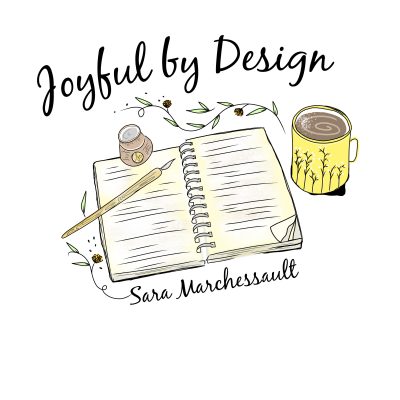Want to make journaling a habit? Try this

I’m currently reading Essentialism by Greg McKeown and I’m enjoying it. Probably because the author has recommended journal writing once in a direct fashion, and in at least one other instance it’s implied. Or at least I think it’s implied. As a journalist myself who also writes and reads about journal writing, I see the topic everywhere.
The premise of Essentialism is focusing on that which is essential – essential to you that is. Essential to your happiness, to your well-being. Essential to that which you decide is most important to your life experience. And eliminating or ignoring that which is nonessential. The idea is that by weeding out the distractions you are more fully able to focus on what is truly essential.
McKeown writes about the process of exploring in order to find the truly fascinating, in other words, what we deem essential. He writes that in a loud world full of distraction we need to find ways to “filter the fascinating” and listen to what is not being said in order to target the essence of a conversation or circumstance. He suggests that if we develop the habit of becoming journalists of our own daily lives, we will develop the knack for noticing both what is happening on the surface and it’s implications or ripple effect.
He focuses on journal writing as an important tool for memory. This is where he makes a suggestion that I like for establishing your own journaling practice. His recommendation is to write less than you intend to. To stop yourself before you go on for pages and pages. This way, you keep yourself from getting worn out. If you’re only doing a little bit at a time, it’s easier to go back to your journal the next day.
Personally, I have a small theory about this. I think we don’t always approach journaling with an idea of less is better, which is a big theme in Essentialism, because we see a blank page and we are looking to fill it. A lot of us learned to write essays and papers long before blog posts or Tweets and when we see a page, we see a series of lines that we know, the more we write, the better our grade might be. If this is indeed happening, it’s likely at a subconscious level.
The good news is our journals are not a place for earning a stamp of approval. If we want to write a paragraph and move onto another page, we can do that without consequences. We can write one sentence a day on the same page until we fill that page. There are no rules. So, write less and see if you write with more frequency.
McKeown also recommends that you determine a length of time, he suggests 90 days, and at the end of that period you read back through your journal. Use this review to focus on trends and notice where you may need have an opportunity to make a change. What are the nonessentials you can eliminate? I’d love to hear about them in the comments below!
Sara Marchessault is a writer, publisher, teacher, and mom who is on a mission to increase joy on the planet. Through the practice of self-reflection, we become aware of what brings us joy and what does not, and we make choices to move forward or stand still. Journal writing is a powerful reflection tool that can help any of us move forward, even in the darkest of times. For ideas on how you can get the benefits of journal writing without always keeping a traditional journal, check out Sara’s book, Beyond Pen & Paper: 33 Experiments in Journaling.
Related Posts
What do you do with a journal you hate?
There is a journal in the bottom of my trunk that I hate. It’s…
Experimenting with your Journal Writing
One of the questions I get asked about journal writing is if I journal everyday…



Leave A Comment